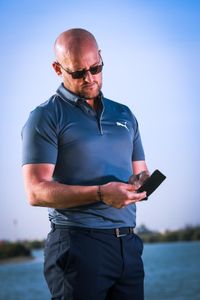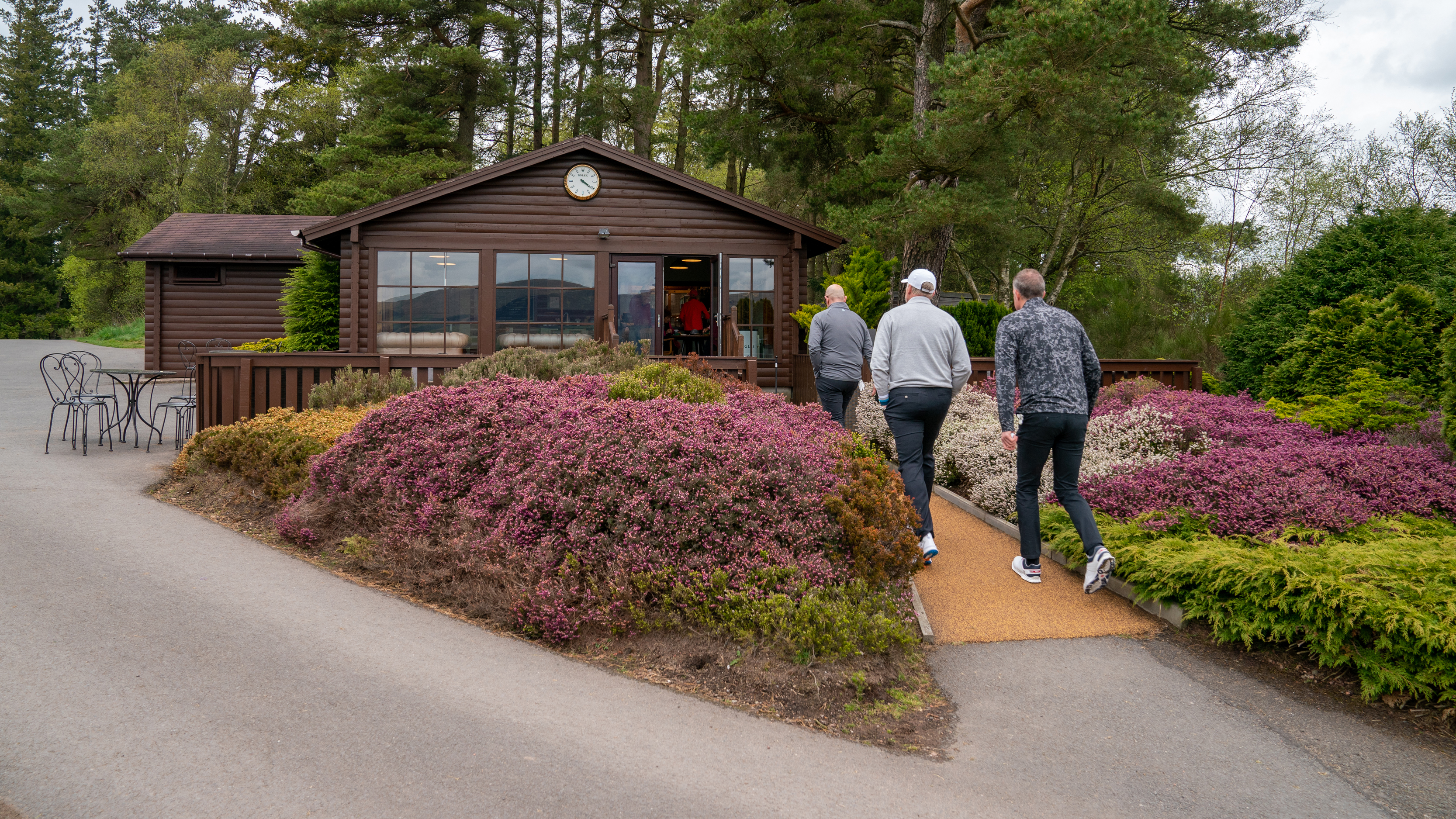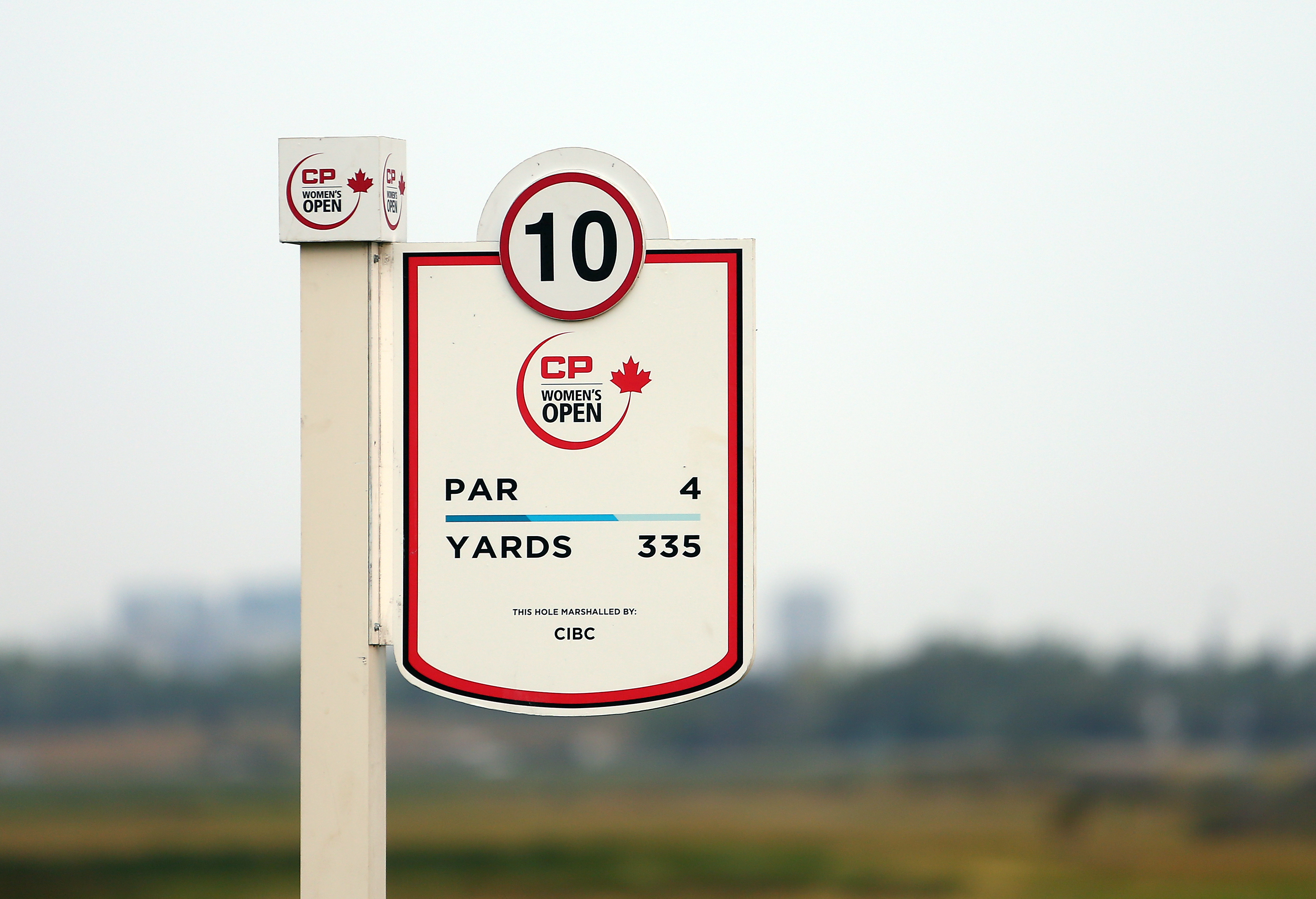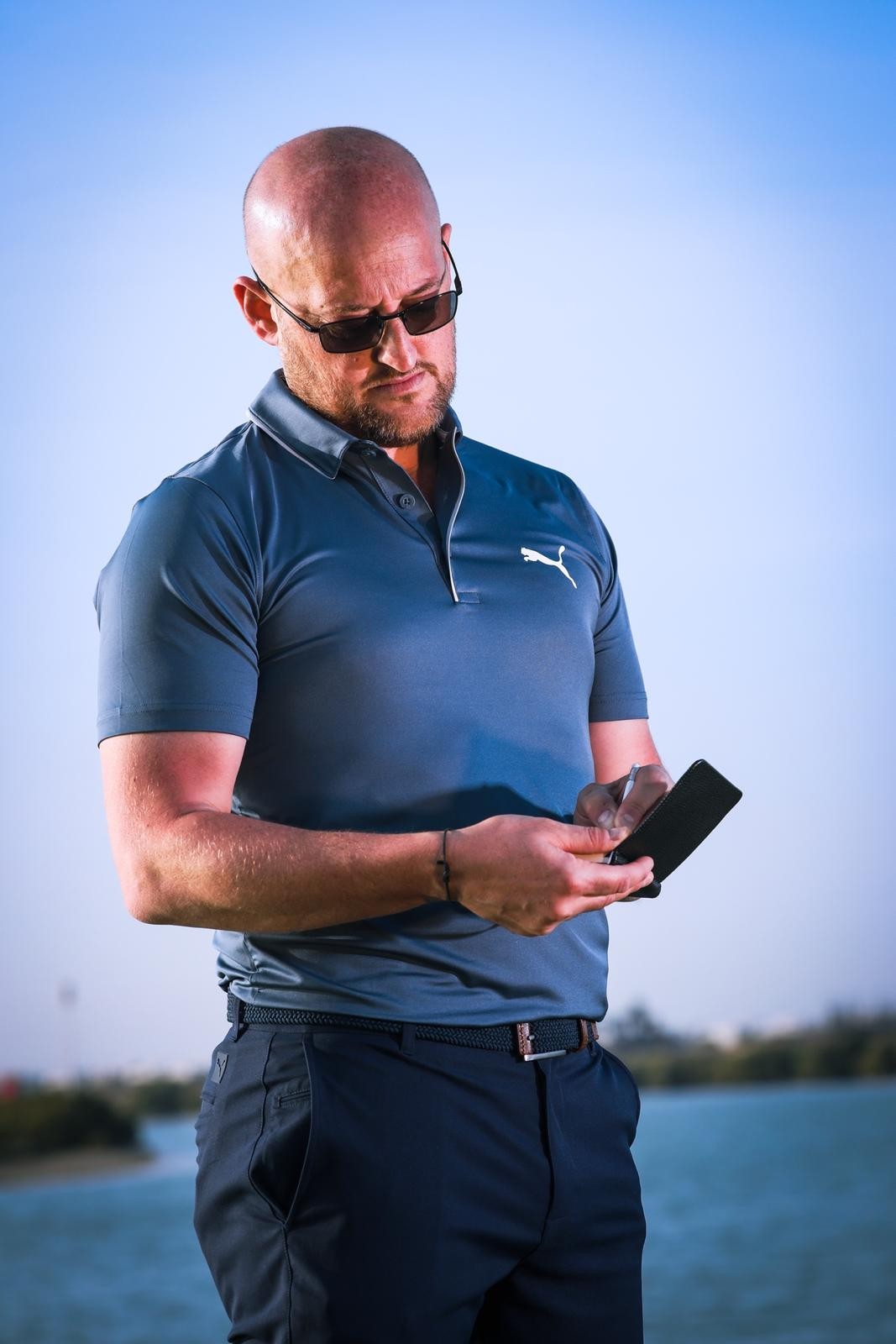'There's No Need To Add Our Scores Up After Nine Holes'
Mental coach Duncan McCarthy on how we can stop letting a mid-round break hamper our progress


Subscribe to the Golf Monthly newsletter to stay up to date with all the latest tour news, equipment news, reviews, head-to-heads and buyer’s guides from our team of experienced experts.
You are now subscribed
Your newsletter sign-up was successful
Want to add more newsletters?

Delivered daily
Daily Newsletter
Sign up for all the latest tour news, gear reviews, head-to-heads and buyer’s guides plus features, tips from our top 50 coaches and rules advice from our expert team.

Once a week
Kick Point
Sign up to our free Kick Point newsletter, filled with the latest gear reviews and expert advice as well as the best deals we spot each week.

Once a week
Women's Golf Edit
Sign up to our free newsletter, filled with news, features, tips and best buys surrounding the world of women’s golf. If you’re a female golfer, you won’t want to miss out!
As golfers we can let some things get in the way of a great round that really shouldn't be playing any part in our day. In golf, unlike other sports, we don't have a half-time break but we do have a halfway house where we can overthink what's just gone on before and what's still to come.
What tends to happen on a Saturday medal is that everybody stops and has a bacon sandwich and a coffee, we will add up our scores and that creates an opportunity to analyse what we did on the front nine and to try and predict what we need to do on the back nine.
It doesn’t really matter which of these places we’re in, as they’re both pretty meaningless. We either go back to the past and we pull up memories of what we did and didn’t do well and then we flick to the future and we tell ourselves where we can pick up a shot or two.
This all happens at the highest level as well and, if that starts to happen and we forget about the present, where we perform your best, then we will go to the 10th tee with all these expectations. They then can create tension and anxiety and all these unnecessary conversations with ourselves, when all we want to do is hit a simple golf shot.
Using our time better at the halfway house is essential. It’s just a pause in performance. Lots of us seem to think that the shot that we hit from the 10th tee will determine how the back nine will unfold. On the 1st tee, of all the things that are running through our heads, at least we will have an open mind. On the 10th tee we will have more of a closed mind as we have some pretty immediate memories and we will have also told ourselves what we have to do on the back nine.

And with these expectations the potential for disappointment also goes up. The tee shot on the 10th might not have been that bad, and it’s just one shot among many, but we will have put too much importance on it, a bit like the 1st tee.
We just need to do our job, make a quality decision, commit and accept any outcome. We don't need to put a tagline on it like it has to be really good.
Subscribe to the Golf Monthly newsletter to stay up to date with all the latest tour news, equipment news, reviews, head-to-heads and buyer’s guides from our team of experienced experts.
If we’re going to use our time well, other than enjoying some food and a good chat, ask yourself two very simple questions.
What one thing did we do well on the front nine? And what would we like to do well on the back nine, just in terms of process? So it might be something like committing to more shots or talking more to our playing partners.
There's no need to add our scores up after nine holes. Tour pros won’t mention it and there’s no acknowledgment of it at the turn. It’s a game of 18 holes and you don’t get bonus points for a good front nine. We might worry what people will think of us if we ask not to be told our score after nine holes, we don't want to stand out and look a bit serious, but there's no issue with it and you’re not causing anyone any offence.
I shared this with one of my players on tour recently. We get so wrapped up in what’s bad that we lose sight that one day we will have our last game, and we don’t know when that’s coming, and we should always remember this. We’re out on a golf course and the absolute key is to get the enjoyment factor up. And the bonus is that you might have played OK.
We are all playing because we’ve chosen to do it, whether we’re doing it for a living or not. There’s a bigger picture than the score and that’s forgotten about a lot.

Duncan McCarthy is a mental coach who works with golfers across all tours including Marcus Armitage, Erik van Rooyen and Women's Open winner Ashleigh Buhai.
He passionately believes that his job as a mental coach is to take individuals and teams to new levels of performance and achievement. His obsession with achieving peak performance led him through his academic period through university to where he is today, working and succeeding with his clients. He pulls together over 20 years of coaching and 15 years of coaching professional level athletes to give an unquestionable and proven track record of expertise with every client.
Away from his role, Duncan still plays to a high standard himself, a former professional now playing off +2 and loves spending time with his two boys and wife.